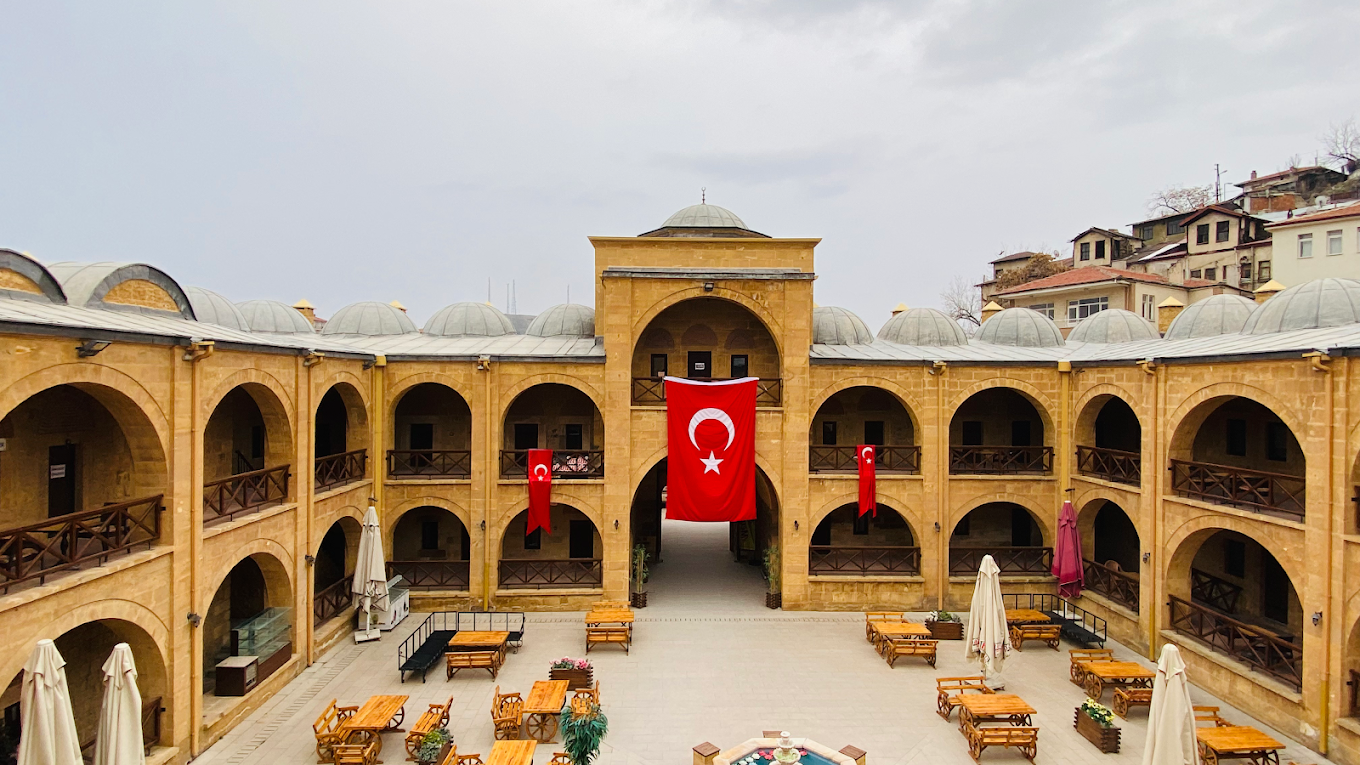Beypazarı
Beypazarı lands have hosted many ancient civilizations. Although there is no clear information indicating the first settlement, there are findings showing that its use as a settlement dates back to ancient times. For this reason, the history accumulated in the Beypazarı lands, which have passed through different dominations, bears the traces of different cultures. The historical importance of Beypazarı, which Evliya Çelebi could not fail to mention in his Seyahatname, was nourished by these differences. It is known that the lands of Beypazarı, an ancient settlement, were dominated by the Hittites, Phrygians, Galatians, Romans, Byzantines, Anatolian Seljuks and Ottomans, respectively. During the Seljuk period, Beypazarı became an important trade center on the Istanbul - Baghdad road. After Orhan Bey conquered Ankara, Beypazarı was annexed to Hüdavendigâr (Bursa) Sanjak and came under Ottoman rule. During the Roman period, the area called "Lagania" became a bishopric center. This name, meaning "Rock Peak", later changed to "Lagania Anastasiapolis" after the visit of Emperor Anastasius (AD 491 - 518) to the region. It has experienced its bright periods commercially with its location on the passageways connecting Istanbul to Ankara and Baghdad. Beypazarı became the homeland of Turkmen tribes as the Turks dominated Anatolia. The most important of these tribes is the Kayı Tribe. The Seljuk Sultanate gave them a homeland, and they first settled around Ankara under the rule of Gazi Gündüzalp. The grave of Gazi Gündüzalp, grandfather of Osman Bey, the founder of the Ottoman Empire, is in Hırkatepe Village of Beypazarı.












Leave Your Comments